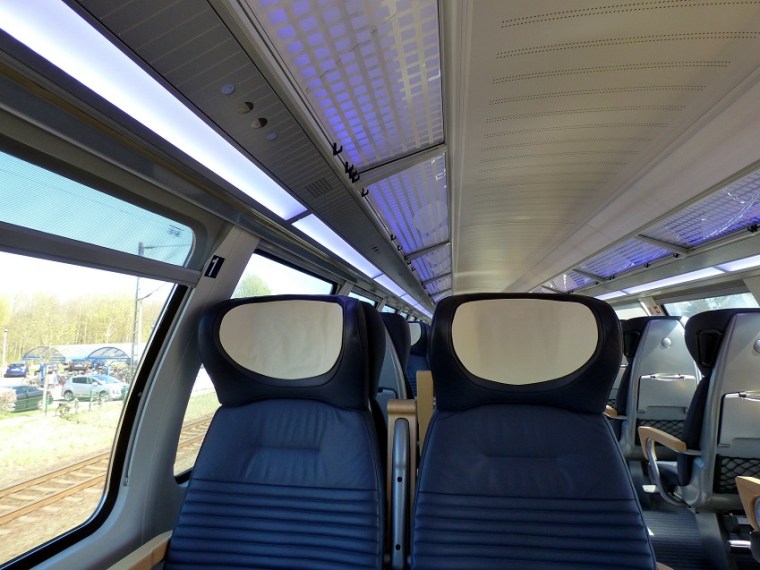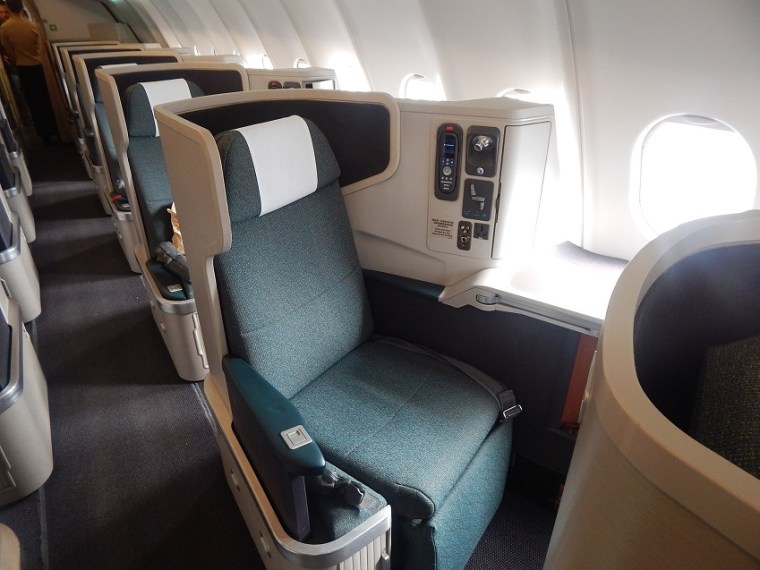Getting from one place to another is often an indispensable part of working life. Whether it’s a daily commute or a lengthy business trip, you will spend a portion of your time on public transport. In some cases, it might be a significant portion. Do you often choose first-class travel for work?
Reasons to Choose First-Class Travel
Given the option, many workers will choose to go for the most affordable possible form of transport. That happens especially when it comes to a regular trip. But there’s reason to suppose that this might be a false economy. By skimping, you might be losing out in the long run. This goes especially when we consider that first-class travel is often discounted for those who book in advance, in bulk, or online.
So, why might we prefer to travel first-class on a train or plane?
First-Class Comfort
It should go without saying that the first-class cabins are comfier than the economy ones. You’ll get more legroom, more freedom to get up and move around, and a softer, plusher seat. Comfort isn’t just something that you’ll enjoy during the trip: it might also have longer-term repercussions throughout the day. A worker spending an hour in an uncomfortable position, after all, is likely to be less productive than one who enjoys a first-class trip.
Airport Lounge Access
Prior to any trip, first-class travelers have access to the first-class lounge. This will allow you to unwind in comfort and style prior to your trip. You can take the time to catch up on work and stock up on food and drink. In addition, you get to relax and take a break from the crowds.
Guaranteed Seating
When you’re traveling first-class, you’ll have a seat reserved. Consequently, you won’t need to worry about whether another passenger will get there first. This isn’t just a matter of comfort during the ride, either: it’ll remove the uncertainty, and therefore the stress, of rail transport in general. What’s more, it’ll guarantee that you’re able to use the time productively. First-class cabins come with reliable Wi-Fi and power, which means that you’ll be able to work during the trip. Of course, the working environment might not be optimal, but it’ll allow you to do non-creative tasks like answering emails and filling in spreadsheets, thereby freeing up your time elsewhere in the day.
Here are a few tips for working efficiently when you travel long-term.

Click Here to Read the Full Original Article at Travel for a while…
